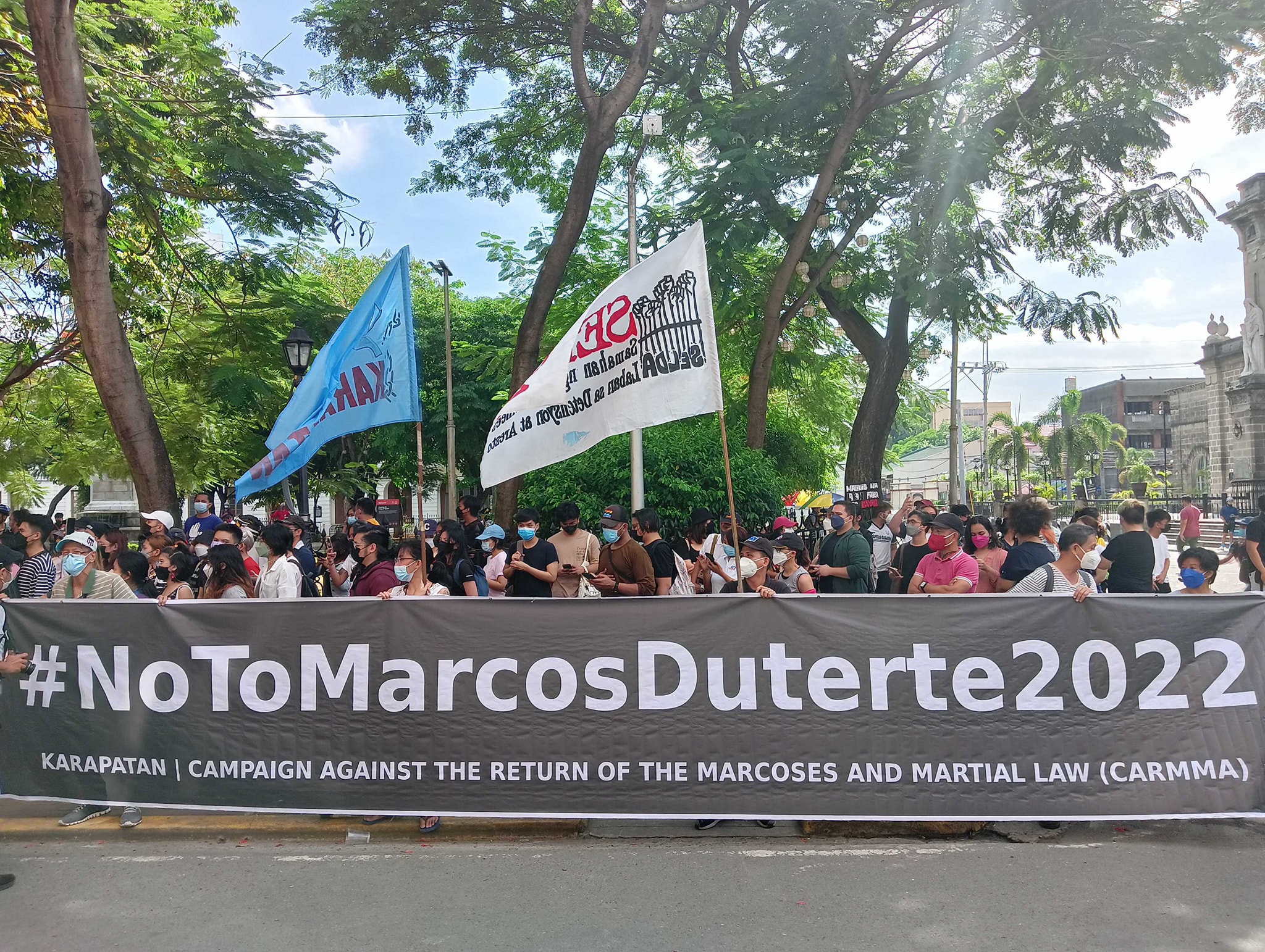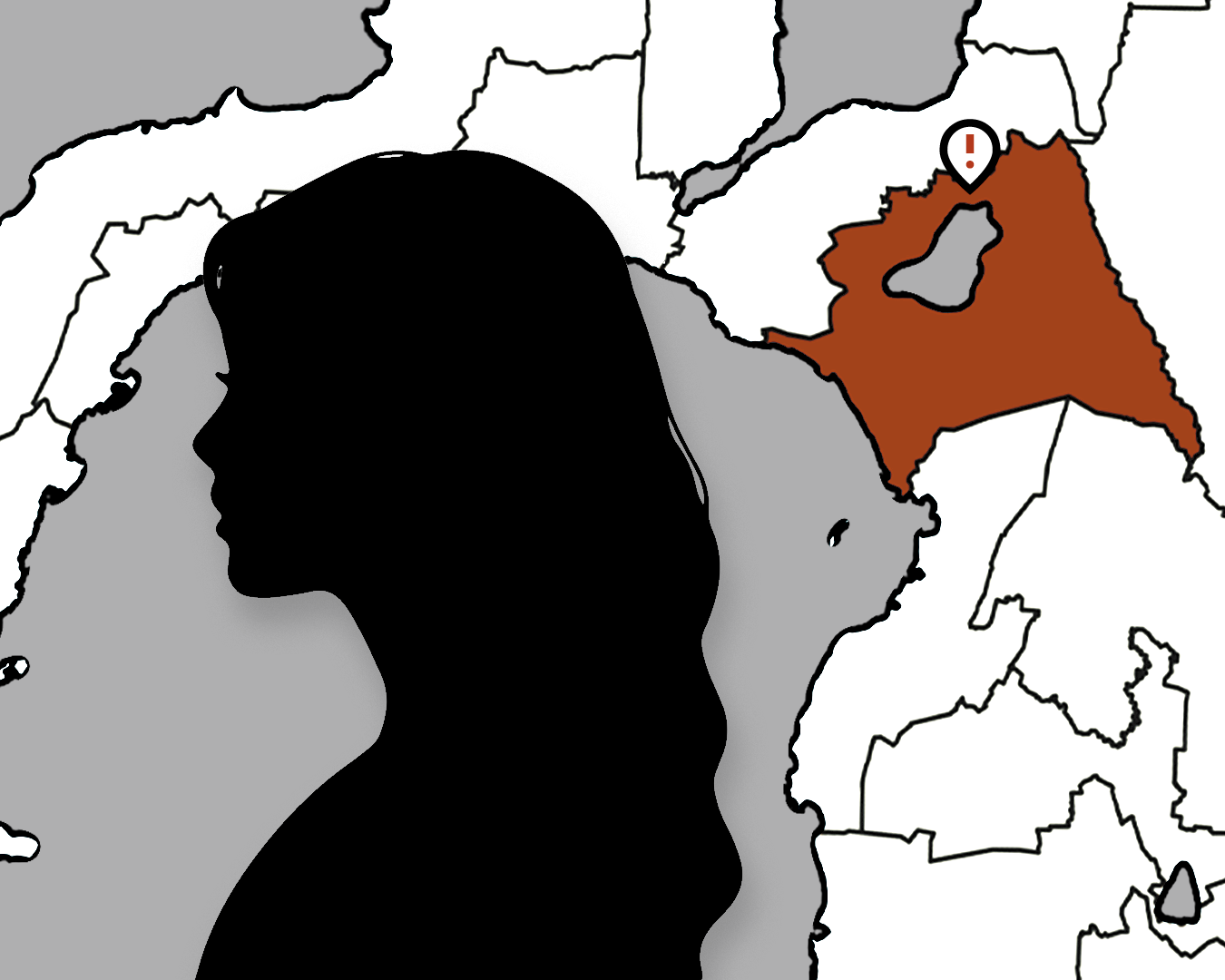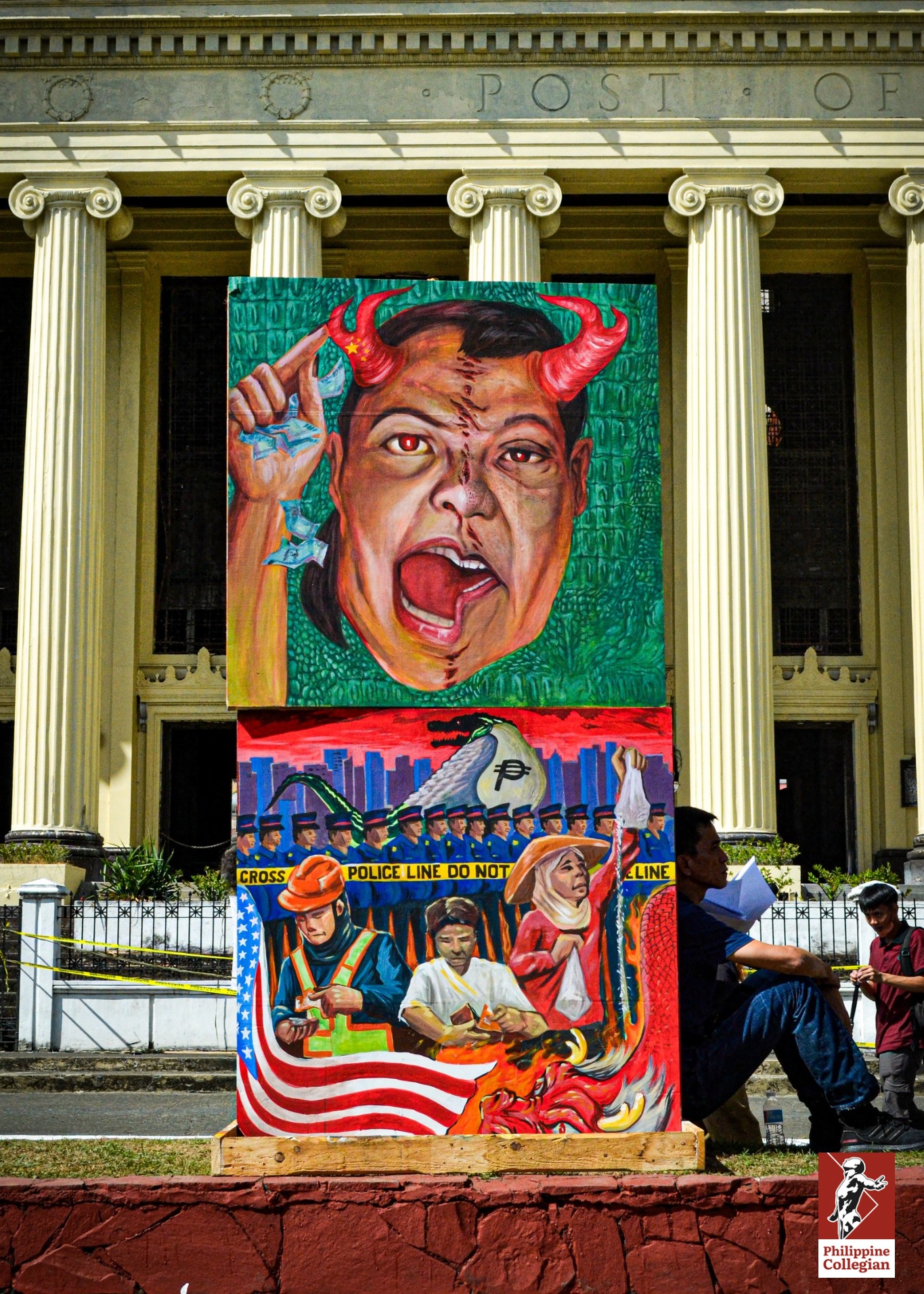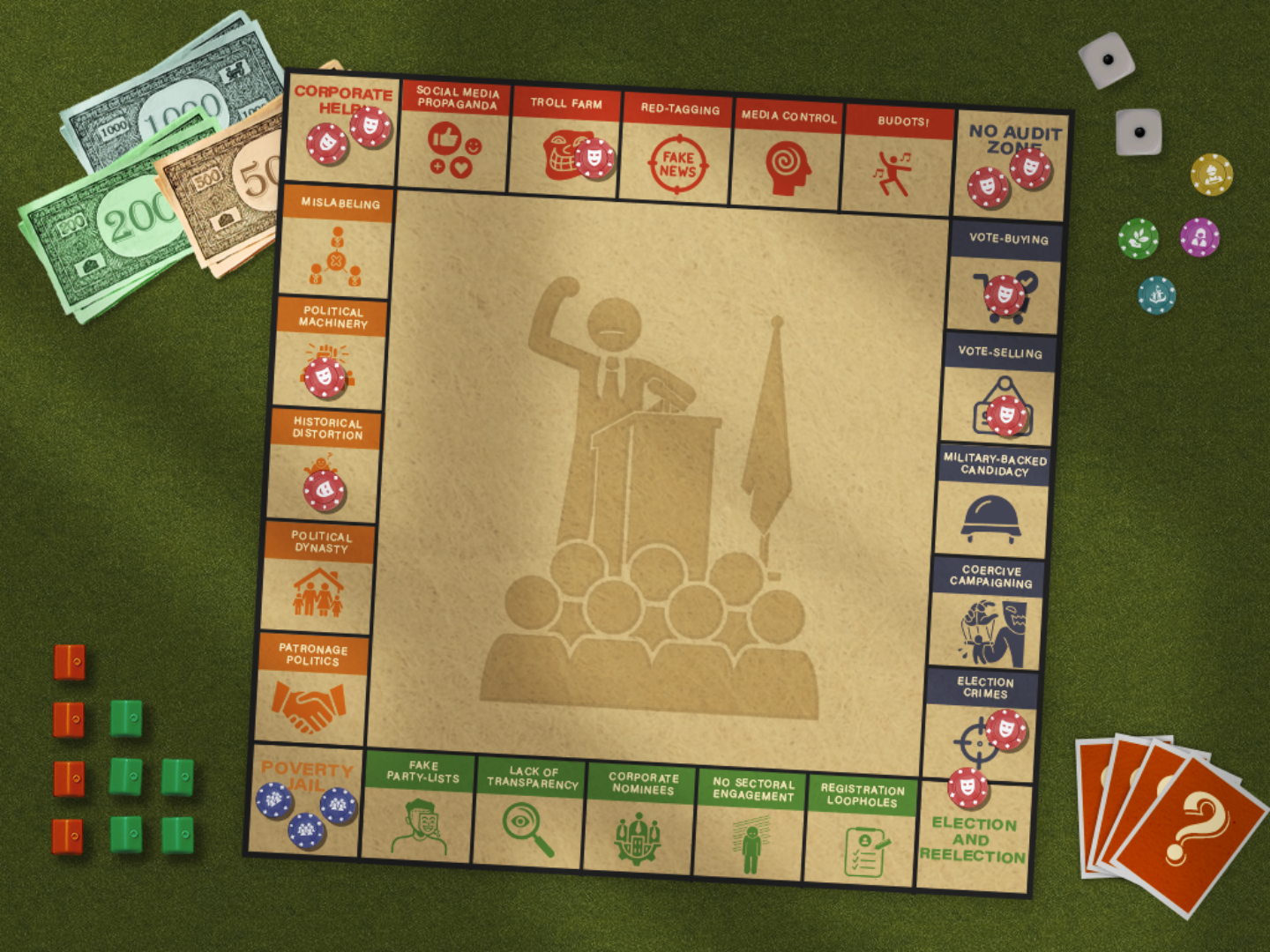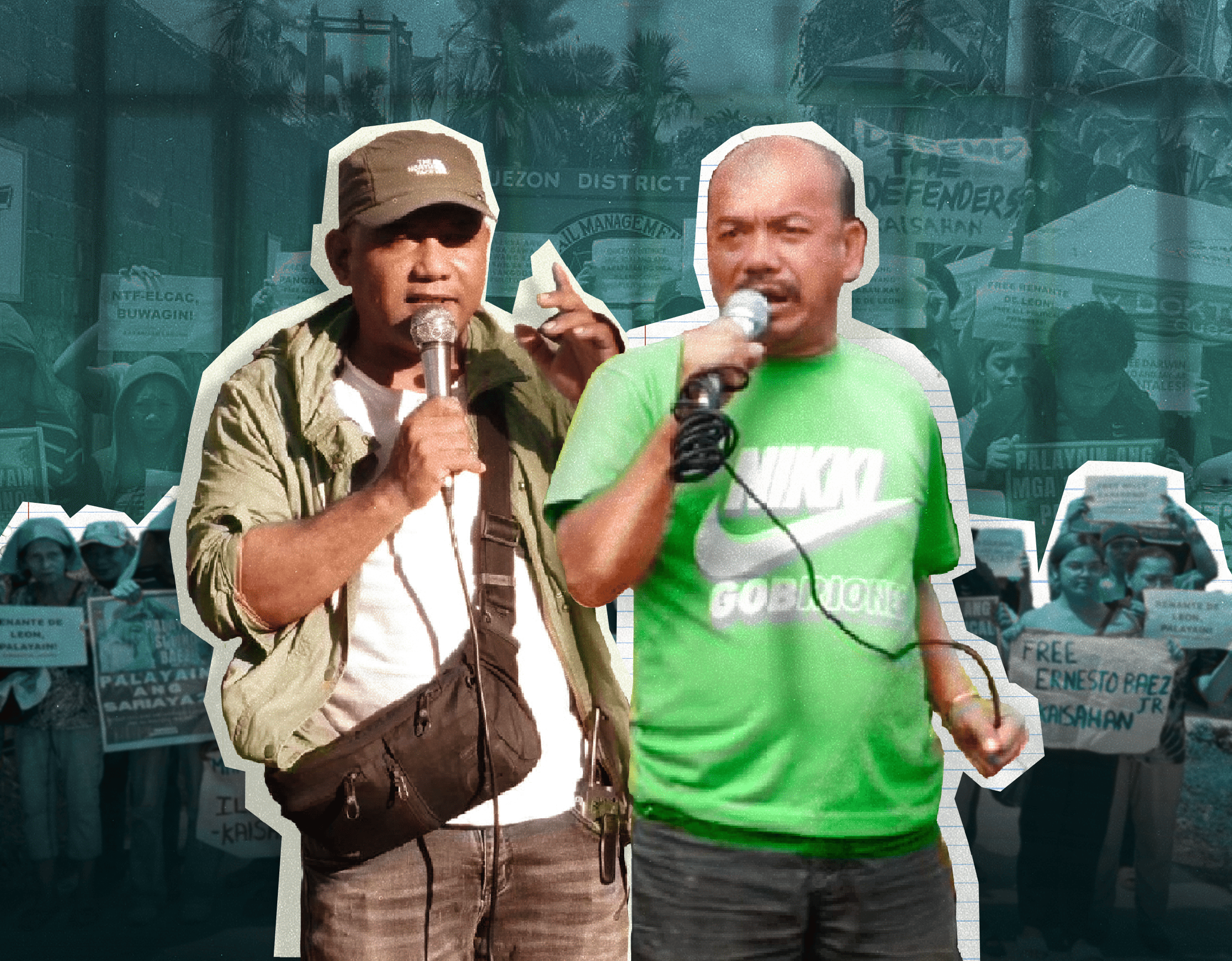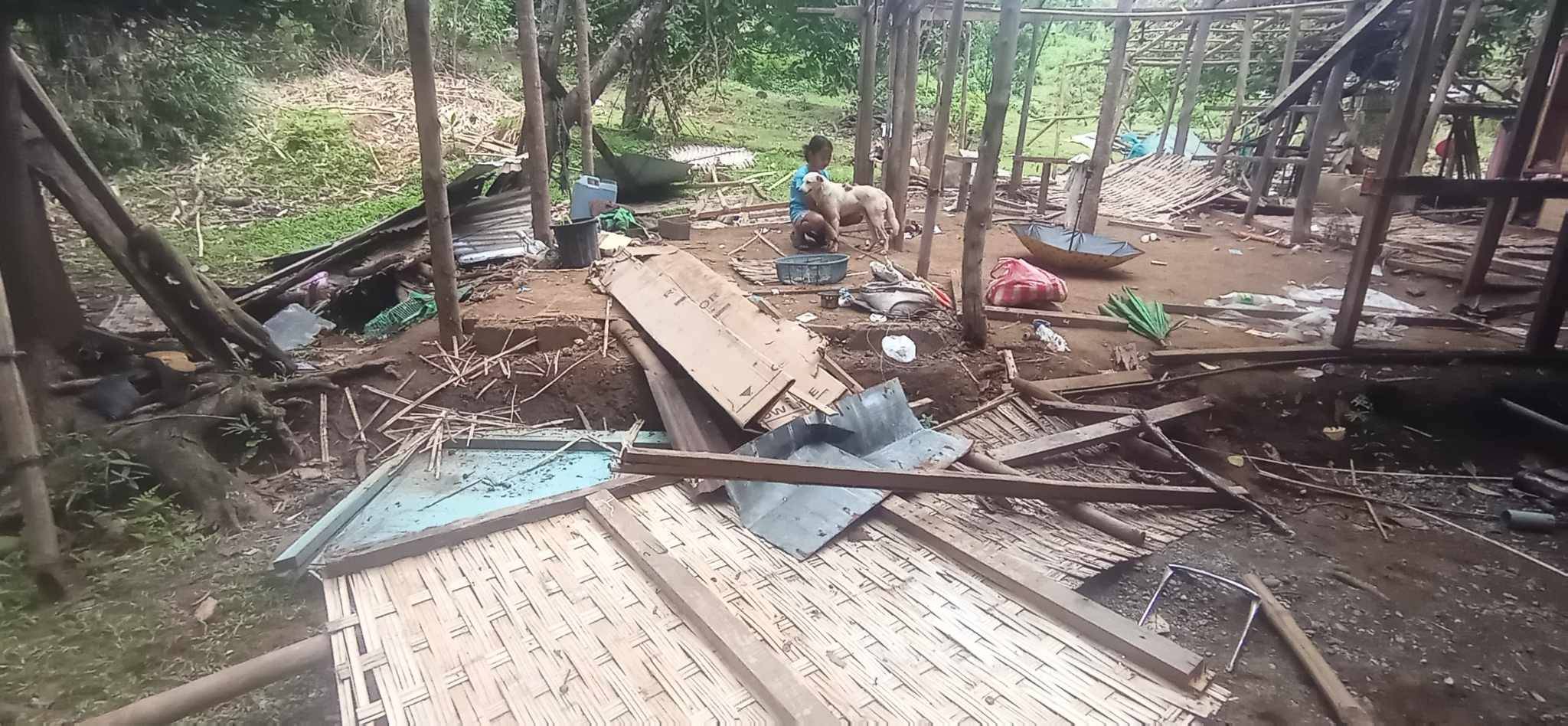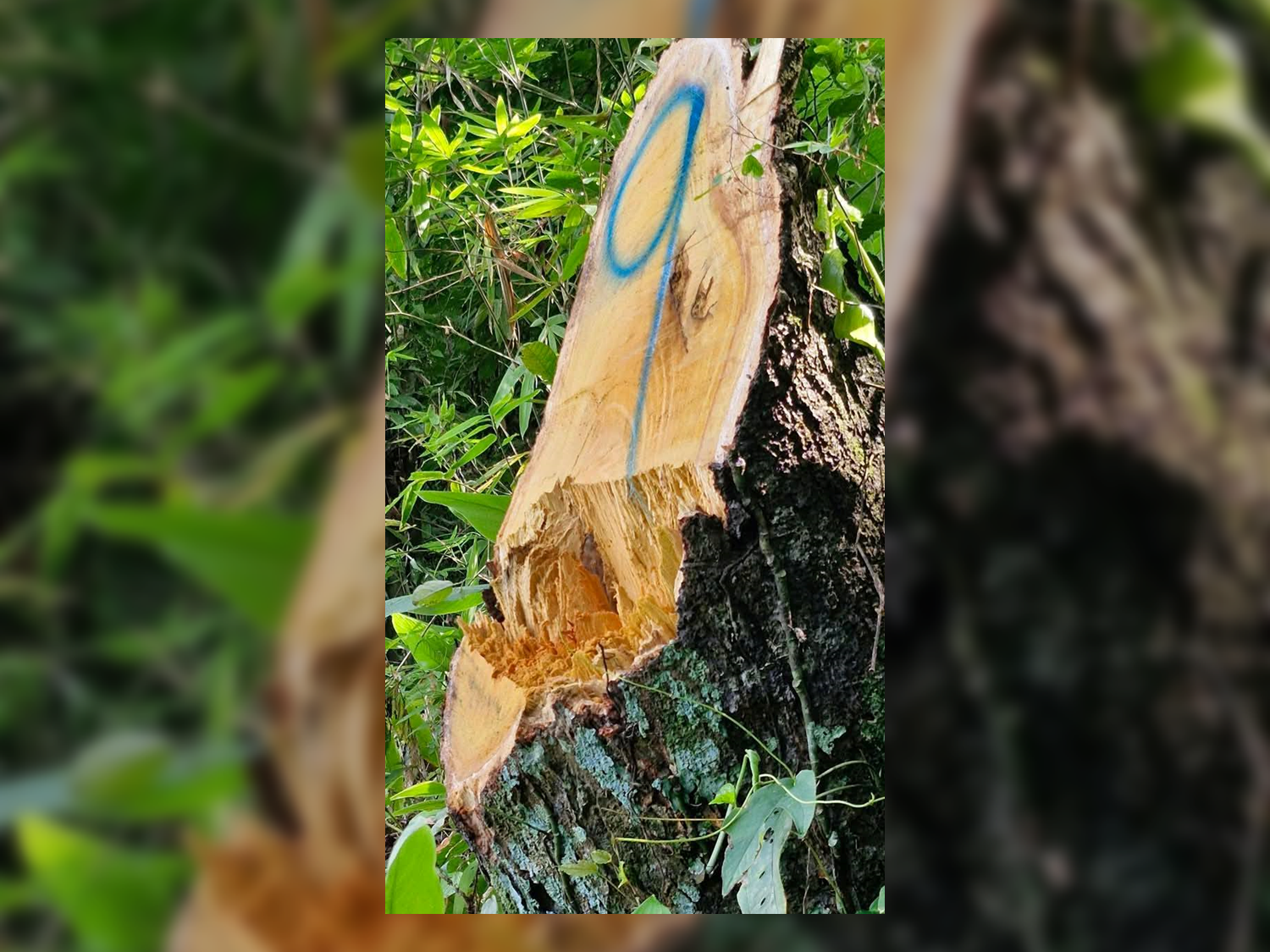A group of Martial Law survivors made their final bid on Wednesday to disqualify Ferdinand “Bongbong” Marcos Jr. from being proclaimed as the next president, arguing that the elections do not resolve the fact that Marcos is ineligible for the post due to his violations of the tax code.
The appeal could be the petitioners’ last legal recourse that could bar Marcos from being officially declared the next president of the Philippines. The Commission on Elections (COMELEC) en banc initially rejected the petition for disqualification on May 10–a day after the 2022 national elections which resulted in Marcos garnering over 58 percent of the vote.
In a 50-page petition, Martial Law survivors, led by Bonifacio Ilagan and Saturnino Ocampo, asked the high court to reverse the COMELEC en banc’s decision, disqualify Marcos as a presidential candidate, and declare the election runner-up Vice President Leni Robredo as the winner of the 2022 elections.
The said petitioners were also joined by youth leaders, including UP Diliman University Student Council Chairperson Jonas Angelo Abadilla and Collegian editor-in-chief Polynne Dira.
If granted, the petition would effectively nullify the results of the 2022 presidential elections and will give the 15-member Supreme Court the final say on who will be in Malacañang on June 30. However, the petitioners’ counsel, lawyer Howard Calleja, citing a string of past court decisions, argued that the “ballot cannot override the … requirements for qualifications and disqualifications of candidates.”
The case for disqualifying Marcos still stems from his failure to file income tax returns from 1982 to 1985. Marcos was Ilocos Norte vice governor from 1980 to 1983 and governor from 1983 until his family’s ouster in 1986. Government officials like Marcos are legally required to file and pay the appropriate income tax.
The Court of Appeals, in 1997, upheld Marcos’s conviction, and was made final by the Supreme Court on August 8, 2001. The COMELEC in its decision, however, concluded that the tax violations were not crimes that could disqualify Marcos from running.
While post-election cases are not new, the current petition against Marcos is unprecedented as it asks the high court to effectively decide an election. Usually, the Supreme Court is concerned with cases that involve recounts like the 2016 vice presidential race or preelection cases like Sen. Grace Poe’s alleged ineligibility to run for president.
In fact, one of the petitioners’ pleas is for the court to block Congress from certifying Marcos’s win until after the petition is decided. Congress could begin the process of signing off Marcos’s victory as early as May 23.
However, it is not new for the court to step in to prevent a supposed election winner from assuming office after they are deemed to be ineligible from running in the first place. For instance, in 2010, the COMELEC ousted newly elected Dapitan City Mayor Dominador Jalosjos after a petition for the cancellation of his certificate of candidacy was approved.
In effect, disqualifying Marcos would mean “as if he was never a candidate to begin with.” This would produce the effect of making the 31 million-plus Marcos votes “stray,” paving the way for Vice President Leni Robredo–who is behind Marcos by more than 15 million votes–to be proclaimed the duly elected president.
“The electorate, by voting for a candidate who has notoriously proven his disqualification, is deemed to have waived their right to vote, rendering the votes invalid, and thus the candidate with the second-most number of votes is deemed to have the most number of valid votes and should be declared as the winning candidate,” the petition read.
It is unclear if the Duterte-packed Supreme Court will agree to disenfranchise more than 31 million voters. After all, the court in recent years has shown reluctance to overturn the decisions made by the “political” branches–Congress and the presidency–on contentious issues like the Anti-Terror Law, Marcos Sr. burial, and Mindanao Martial Law extension.
The court has not yet given the timeline for the petition as the justices are currently on a break. But for the petitioners, time is of the essence. The Supreme Court’s urgent decision on imposing a Temporary Restraining Order on the national canvassing of votes could prevent Congress from proclaiming a candidate that could be disqualified in the future.
“A disqualified candidate will be allowed to sit as president when he should not have been allowed to run for the presidency to begin with,” the petitioners warned. “[This petition seeks] to ensure that Congress does not end up proclaiming a candidate that this court may declare in the future as ultimately disqualified.” ●
